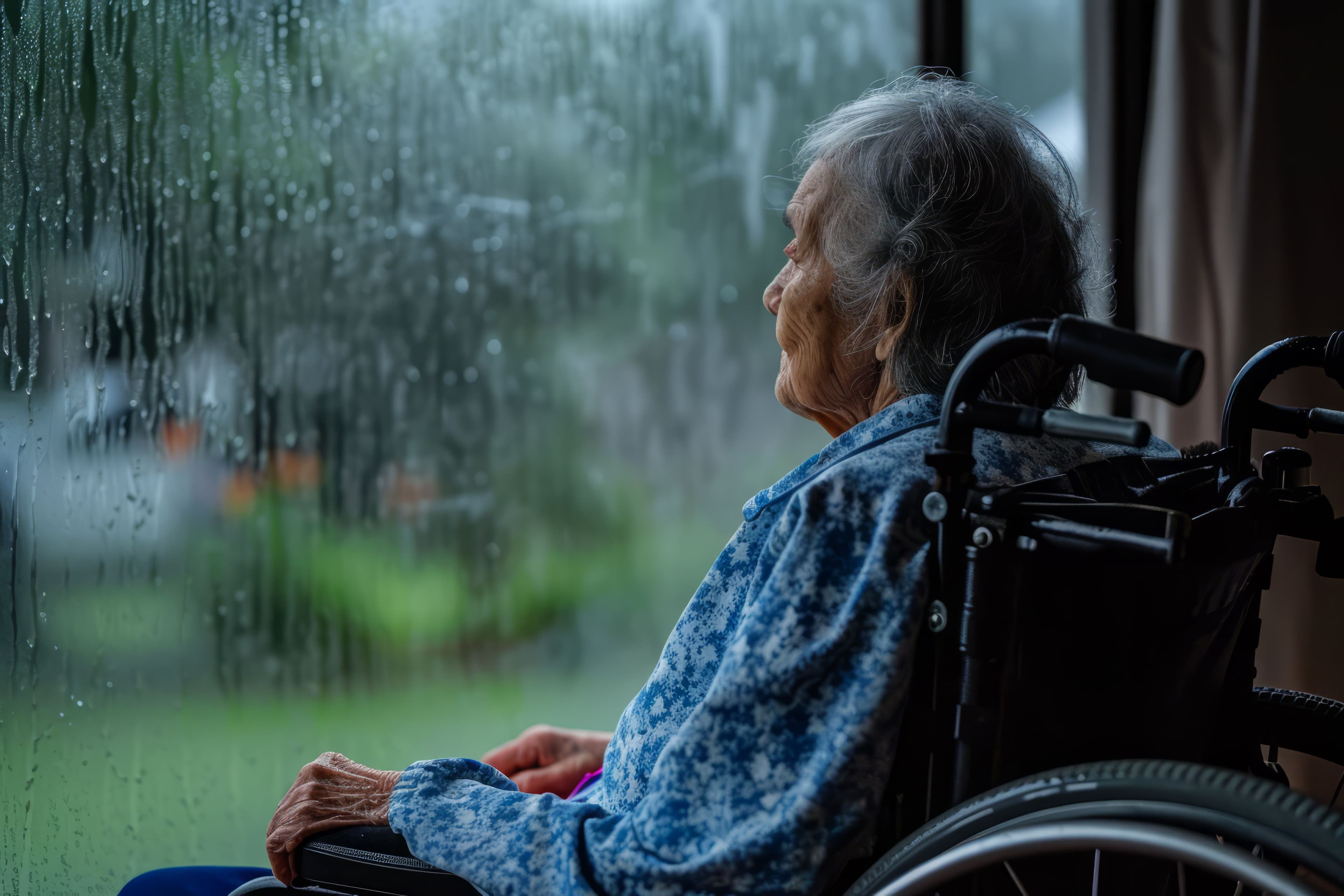
Nursing home abuse and neglect put vulnerable residents at serious risk, leading to malnutrition, dehydration, infections, and preventable injuries. When facilities fail to provide adequate care, residents suffer, and families are left feeling helpless. Lack of supervision, improper medical treatment, and unsafe conditions can result in devastating harm. Understanding the warning signs, knowing your legal rights, and holding negligent facilities accountable are crucial steps in protecting your loved ones. Learn how to take action and seek justice.
May 15, 2025
3 min
When we think of nursing home injuries, we often picture falls, infections, or pressure ulcers. Yet one of the most sudden and fatal threats in long-term care facilities is choking. Elderly residents—especially those with cognitive disorders, neurological issues, or difficulty swallowing (dysphagia)—are highly vulnerable to airway obstruction during meals or medication administration.
At Michael Hill Trial Law, we’ve seen firsthand how these tragedies unfold: residents left unsupervised during meals, staff serving inappropriate food textures, or facilities ignoring dietary orders. Choking may happen in seconds, but its consequences can be devastating and permanent.
Several age-related and medical factors make elderly individuals more prone to choking:
Without proper safeguards in place, these risks can turn deadly in an instant.
Residents with dysphagia or difficulty chewing often require mechanically altered diets—such as soft, pureed, or thickened liquids. When facilities serve the wrong consistency, it can result in immediate choking.
Many residents need close monitoring while eating. Staff shortages or neglect may leave them alone during high-risk times, which can prove fatal if a choking episode occurs.
Residents should be positioned upright before, during, and after meals. Feeding a resident while they’re lying down increases the risk of aspiration and airway obstruction.
Pills that are too large or not properly crushed (when permitted) can become lodged in the throat. Liquids not properly thickened can also enter the airway and cause aspiration.
Staff may not be trained to recognize or respond quickly to choking. A delay in performing the Heimlich maneuver or calling 911 can mean the difference between life and death.
When a choking incident occurs, the consequences are often immediate and devastating. Common outcomes include:
These aren’t just accidents. In many cases, they are the result of negligence and system-wide failures.
As a family member, it’s critical to be alert to potential red flags. Watch for:
If your loved one is injured or dies after a choking incident, demand answers—and seek legal counsel.

Nursing homes have a legal obligation to prevent foreseeable harm. This includes developing personalized care plans, adhering to physician-ordered diets, training staff in emergency protocols, and providing adequate supervision.
Facilities may be legally liable if they:
When facilities cut corners or prioritize profit over care, lives are put at risk.
Our legal team is experienced in uncovering the truth behind nursing home injuries. In choking cases, we investigate:
We leave no stone unturned in determining how and why a choking incident occurred—and who must be held accountable.
If your loved one suffered harm or died due to a choking incident caused by negligence, your family may be entitled to compensation for:
Each case is unique, and we work with you to build the strongest possible claim.
Our firm recently represented the family of a resident with a well-documented swallowing disorder. Despite being prescribed a pureed diet, she was served solid food by a new staff member who hadn’t been trained in her care plan. She choked, suffered a cardiac arrest, and tragically passed away.
Through a thorough investigation, we proved the facility’s failure to train and supervise its staff was directly responsible for the resident’s death. The family received a significant settlement, and the facility was required to improve staff onboarding procedures.
Elderly residents have the right to eat safely, receive proper supervision, and live free from preventable harm. Choking injuries are entirely avoidable with proper care, training, and diligence.
If your loved one has been harmed—or if you’ve lost someone due to a choking incident in a nursing home—Michael Hill Trial Law is here to help you seek justice. We offer compassionate legal support and aggressive advocacy to hold facilities accountable.